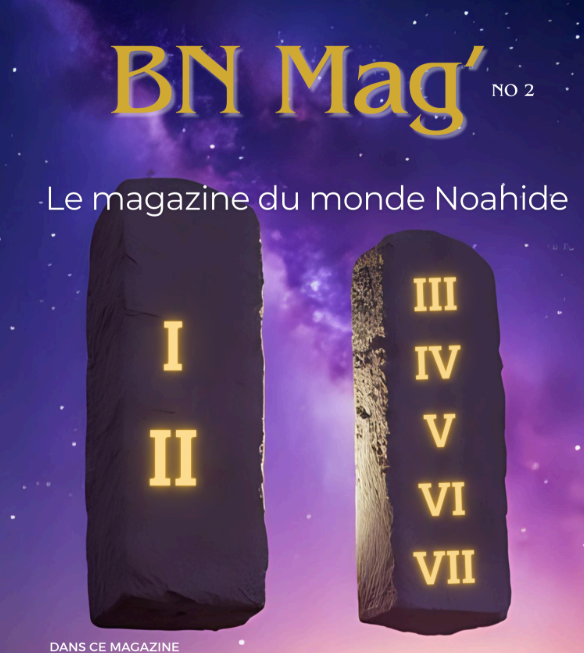Pharaoh sends various groups out of Egypt in Parashat “Beshalach”. Three are called "the people," and two are named "the children of Israel." This may signify different levels of Israeli identity, paralleling the five levels in the Talmudic tradition—soul, spirit, breath, life source, and unity (there is much more depth to be explored about these concepts). The first three groups are labeled "the people," leaving Egypt with less elevated motivations. The first, "It came to pass when Pharaoh let the people go," refers to those who needed expulsion; otherwise, they wouldn't leave, echoing instances when Jews awaited anti-Semitic pressure to vacate their diasporas. The second, "God did not lead them [by] way of the land of the Philistines for it was near, because God said, Lest the people reconsider when they see war and return to Egypt" includes those who want to leave but would retreat in the face of difficulties like wars. The third group, the one God led through the desert to the Red Sea, demands a spiritual journey, hinting at their insistence on receiving the Torah during the exodus, intertwining their physical and spiritual redemption. These are the three groups referred to as "the people," identified as an 'Erev Rav' in Kabbalistic tradition.
In contrast, two groups are explicitly named "the children of Israel." The first, mentioned in "And the Children of Israel went up armed out of the land of Egypt," signifies those willing to fight and conquer, fulfilling the national destiny of leaving Egypt for the divine promise of the land of Canaan. The second, more surprising group in and the children of Israel were armed when they went up out of Egypt" leaves without fear, believing in their historical destiny, ready to depart without conditions or preparation, following Moses. The motivation to escape bondage and reach the land of Israel can differ, but what matters is that they leave. Some may say, "It's essential to leave Egypt, but the time hasn't come; I'm not ready." In historical times, one is not asked if they are ready, but whether they are coming or not. Israel has left Egypt, and those who didn't go with them have exited history.



